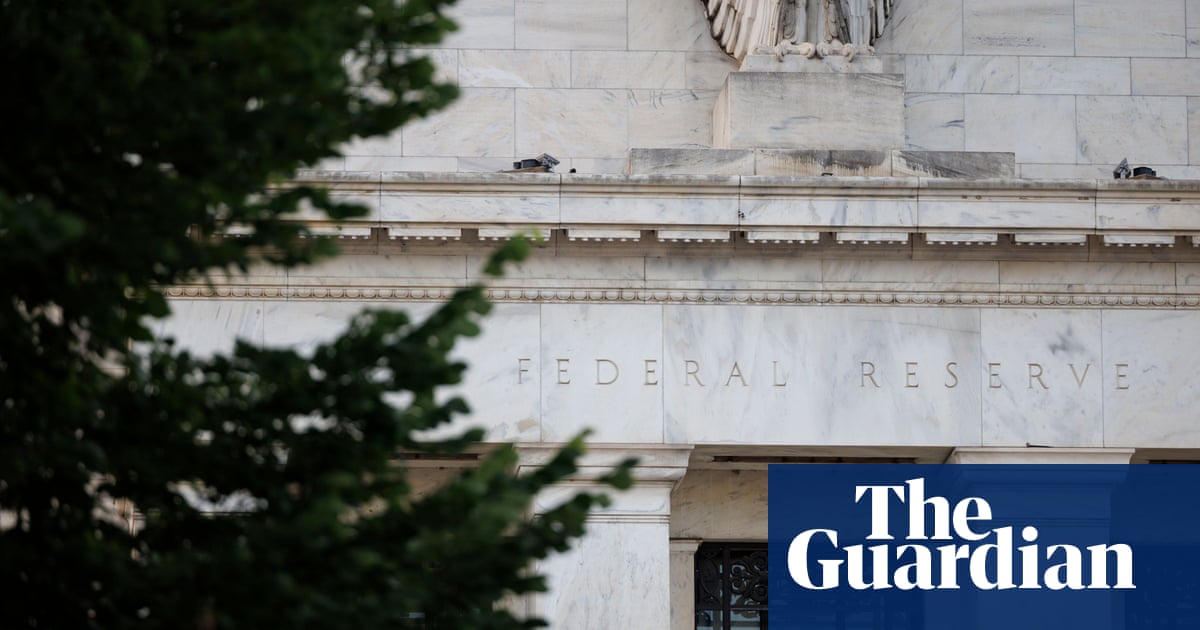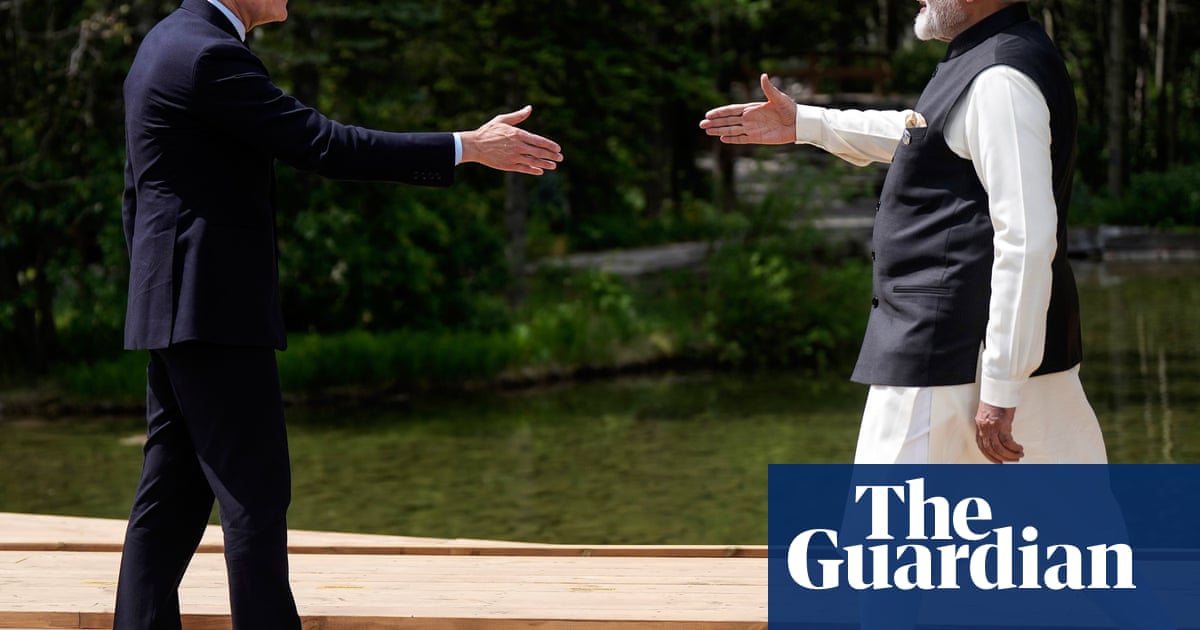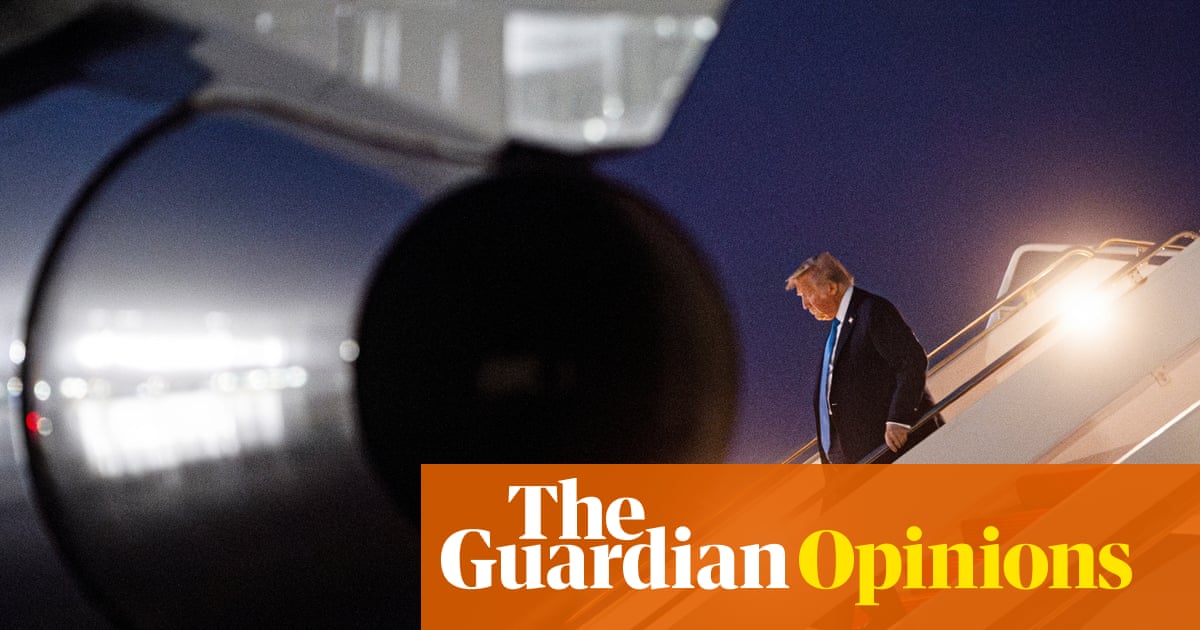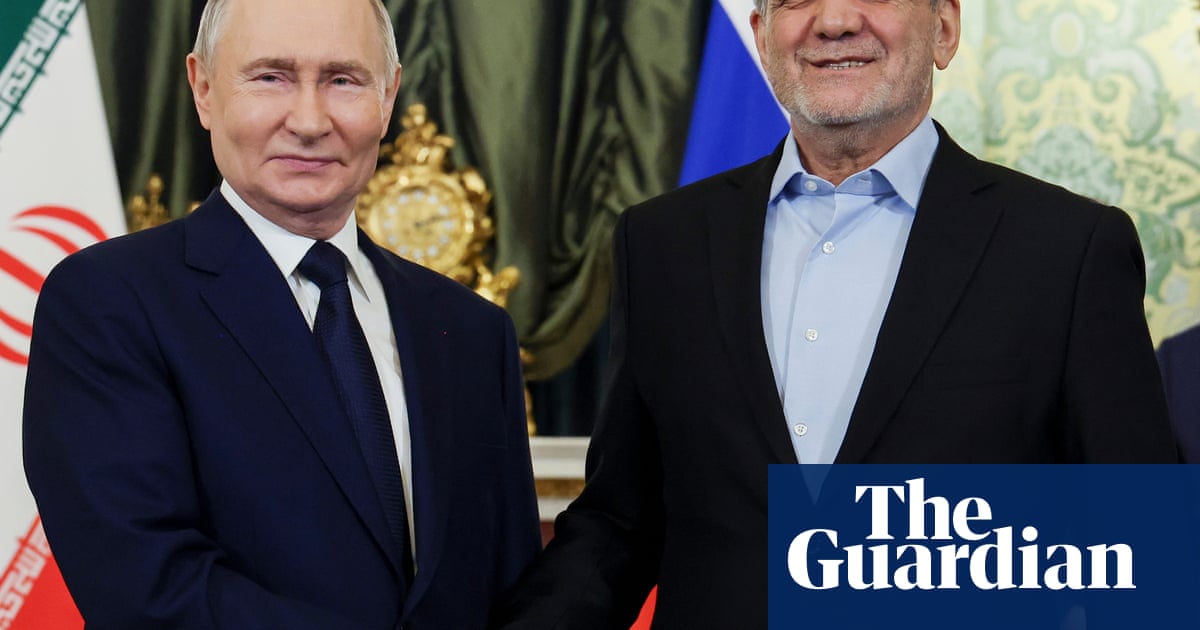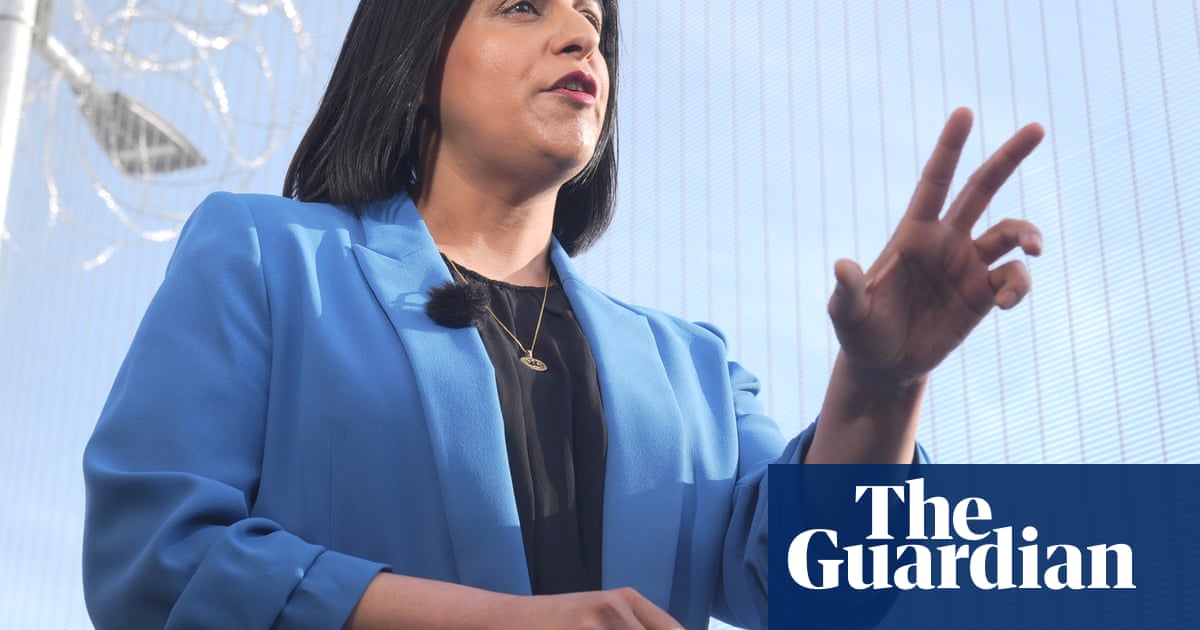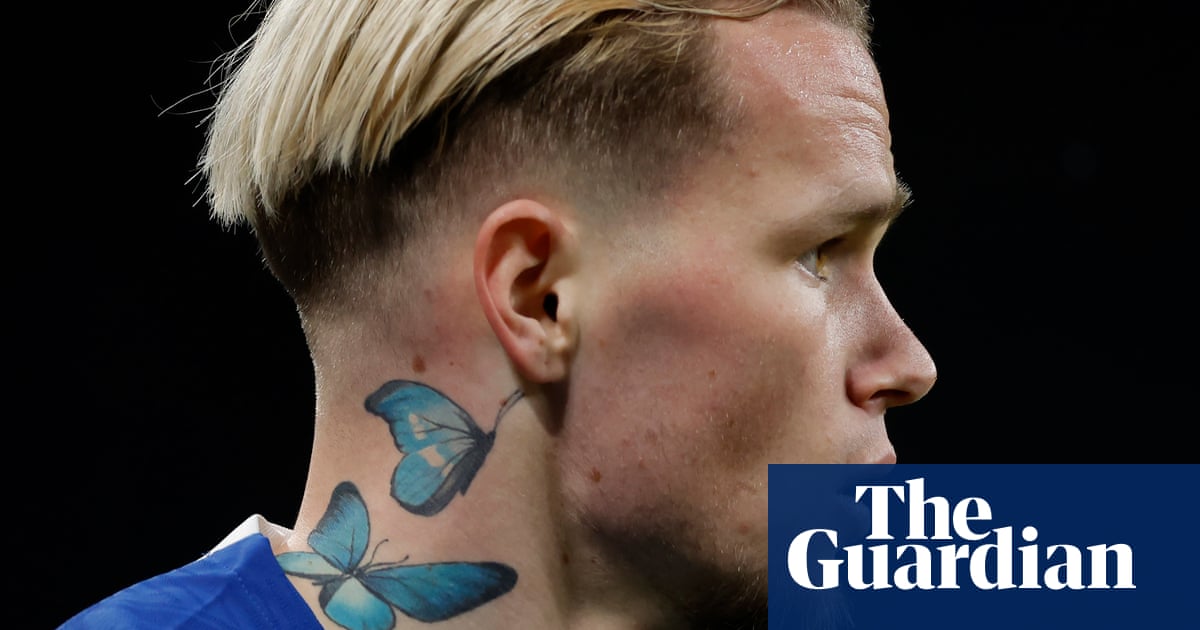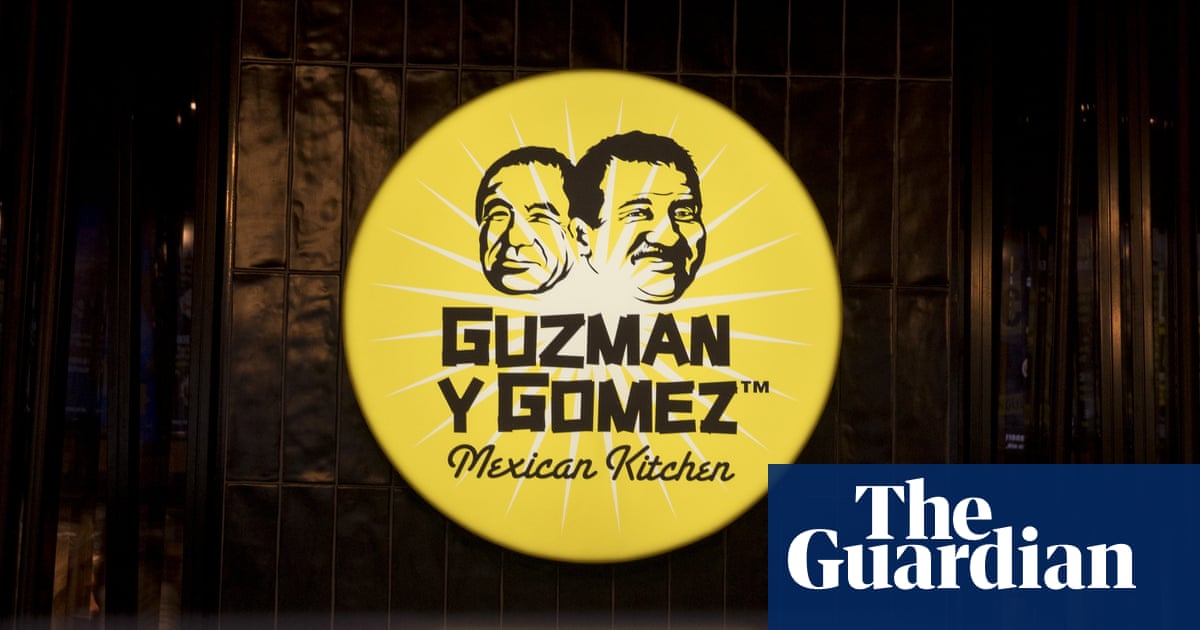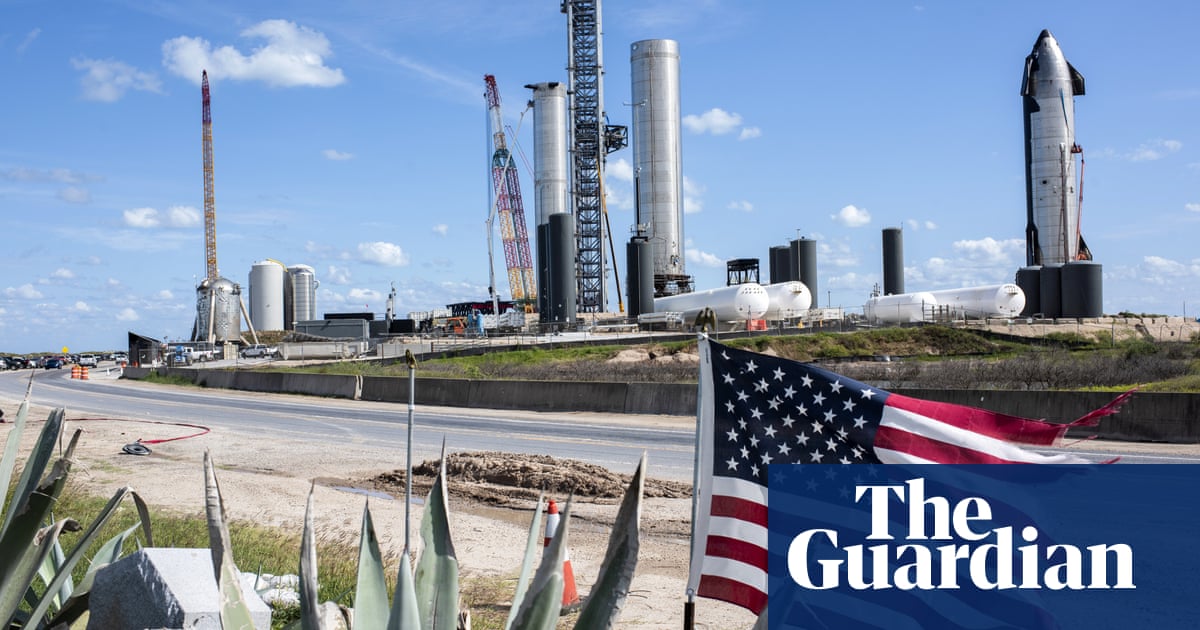The boss of OpenAI has claimed that Mark Zuckerberg’s Meta has tried to poach his top artificial intelligence experts with “crazy” signing bonuses of $100m (£74m), as the scramble for talent in the booming sector intensifies.
Sam Altman spoke about the offers in a podcast on Tuesday. They have not been confirmed by Meta. OpenAI, the company that developed ChatGPT, said it had nothing to add beyond its chief executive’s comments.
“They started making these giant offers to a lot of people on our team – $100m signing bonuses, more than that comp [compensation] per year,” Altman told the Uncapped podcast, which is presented by his brother, Joel. “It is crazy. I’m really happy that, at least so far, none of our best people have decided to take them up on that.”
He said: “I think the strategy of a tonne of upfront, guaranteed comp, and that being the reason you tell someone to join … the degree to which they’re focusing on that, and not the work and not the mission – I don’t think that’s going to set up a great culture.”
Meta last week launched a $15bn drive towards computerised “super-intelligence” – a type of AI that can perform better than humans at all tasks. The company bought a large stake in the $29bn startup Scale AI, set up by the programmer Alexandr Wang, 28, who joined Meta as part of the deal.
Last week, a Silicon Valley venture capitalist, Deedy Das, tweeted: “The AI talent wars are absolutely ridiculous”. Das, a principal at Menlo Ventures, said Meta had been losing AI candidates to rivals despite offering $2m-a-year salaries.
Another report last month found that Anthropic, an AI company backed by Amazon and Google and set up by engineers who left Altman’s company was “siphoning top talent from two of its biggest rivals: OpenAI and DeepMind”.
The scramble to recruit the best developers comes amid rapid advances in AI technology and a race to achieve human-level AI capacity – known as artificial general intelligence. The spending on hardware is greater still, with recent estimates from the Carlyle Group, reported by Bloomberg, that $1.8tn could be spent on computing power by 2030. That is more than the annual gross domestic product of Australia.
Some tech firms are buying whole companies to lock in top talent, as seen in part with Meta’s Scale AI deal and Google spending $2.7bn last year on Character.AI, which was founded by the leading AI researcher Noam Shazeer. He co-wrote the 2017 research paper Attention is all you Need, which is considered a seminal contribution to the current wave of large language model AI systems.
While Meta was founded as a social media company and OpenAI as non-profit – becoming a for-profit business last year – the two are now rivals. Altman told his brother’s podcast that he did not feel Meta would succeed in it’s AI push, adding: “I don’t think they’re a company that’s great at innovation.”
He said he had once heard Zuckerberg say that it had seemed rational for Google to try to develop a social media function in the early days of Facebook, but “it was clear to people at Facebook that that was not going to work”.
after newsletter promotion
“I feel a little bit similar here,” Altman added.
Despite the huge investments in the sector, Altman suggested the result could be “we build legitimate super intelligence, and it doesn’t make the world much better [and] doesn’t change things as much as it sounds like it should”.
“The fact that you can have this thing do this amazing stuff for you, and you kind of live your life the same way you did two years ago,” he said.
“The thing that I think will be the most impactful in that five to 10-year timeframe is AI will actually discover new science. This is a crazy claim to make, but I think it is true, and if it is correct, then over time I think that will dwarf everything else [AI has achieved].”

 7 hours ago
3
7 hours ago
3


